|
A couple days ago, I returned home from Thailand and will now resume my courses at Berkeley. During my three months in “the land of the new king,” I observed a country in a one-year mourning of their beloved former monarch, a country under military rule in a political state of transition, and a county experiencing rapid economic development. Despite the black-colored attire that government workers and civilians wear to express their sadness for the passing of His Majesty the King, there is an enthusiasm and optimism for the future.
I was fortunate to have the opportunity to work and learn from the dedicated members at the Ministry of Public Health. I received a tremendous amount of support with my antimicrobial resistance project and I hope that the results can be used to implement safer agriculture and food production policies. I did leave with more questions than I started with, but I intend to use those questions to guide my future work. Outside of working on my project, I learned flexibility by serving in other roles with the Bureau of Epidemiology. I was the Master of Ceremonies at two different international conferences in Thailand (The TEPHINET Conference and The Southeast Asia Regional Zika Conference). A highlight for me during the Zika Conference was introducing one of the distinguished speakers, Director of the CGPH and Cal professor – Dr. Eva Harris. I would like to thank the CGPH and the Thailand Bureau of Epidemiology for providing me with this wonderful opportunity to work in Thailand these last three months. Thank you and Sawadee Khrap! Royce Tsukayama
0 Comments
I’m well into my time here and happy to report that things have gone well, a deceptively simple sounding conclusion in the realm of global health! However, having gotten through the various iterations of project management (including approvals, letters, invites, scheduling, recruitment) necessary for work in Brazil, the content of the research is proving its own reward.
|
AuthorWrite something about yourself. No need to be fancy, just an overview. Archives
August 2017
Categories |
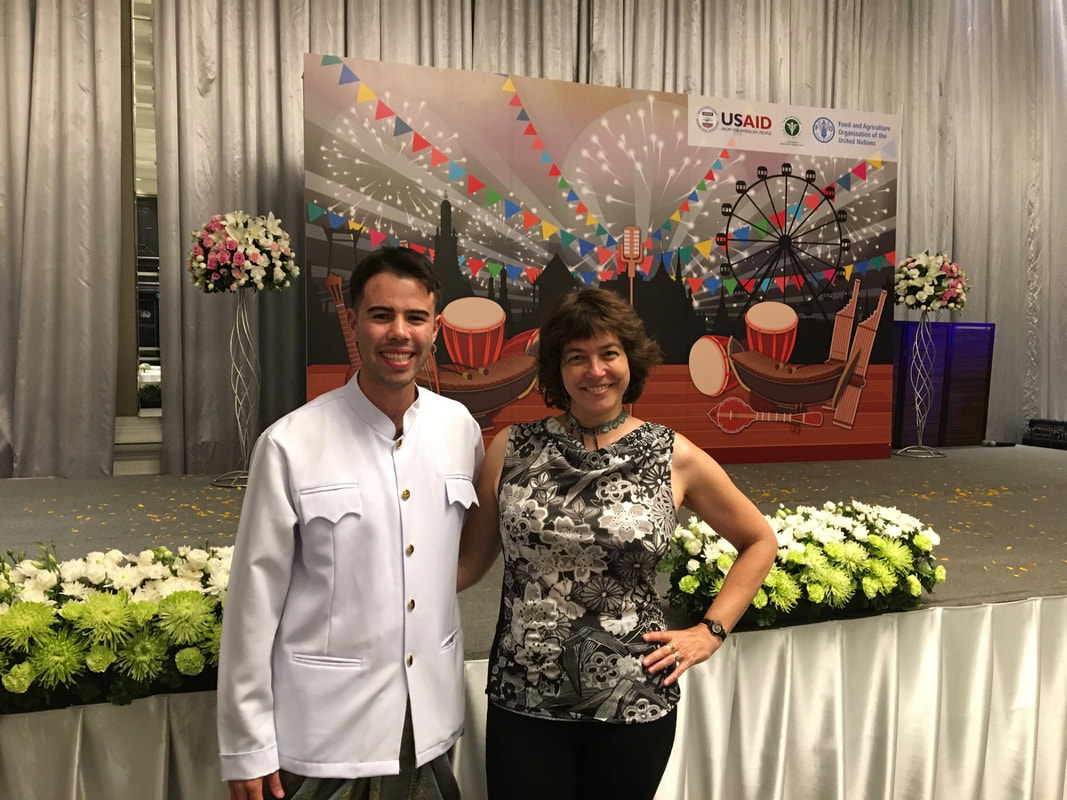
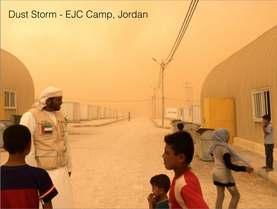
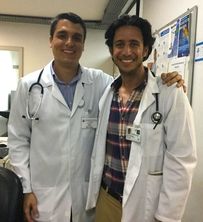
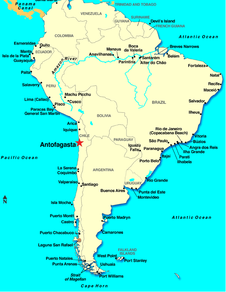
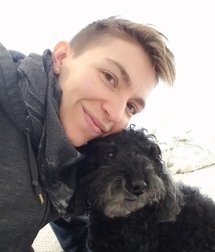
 RSS Feed
RSS Feed
